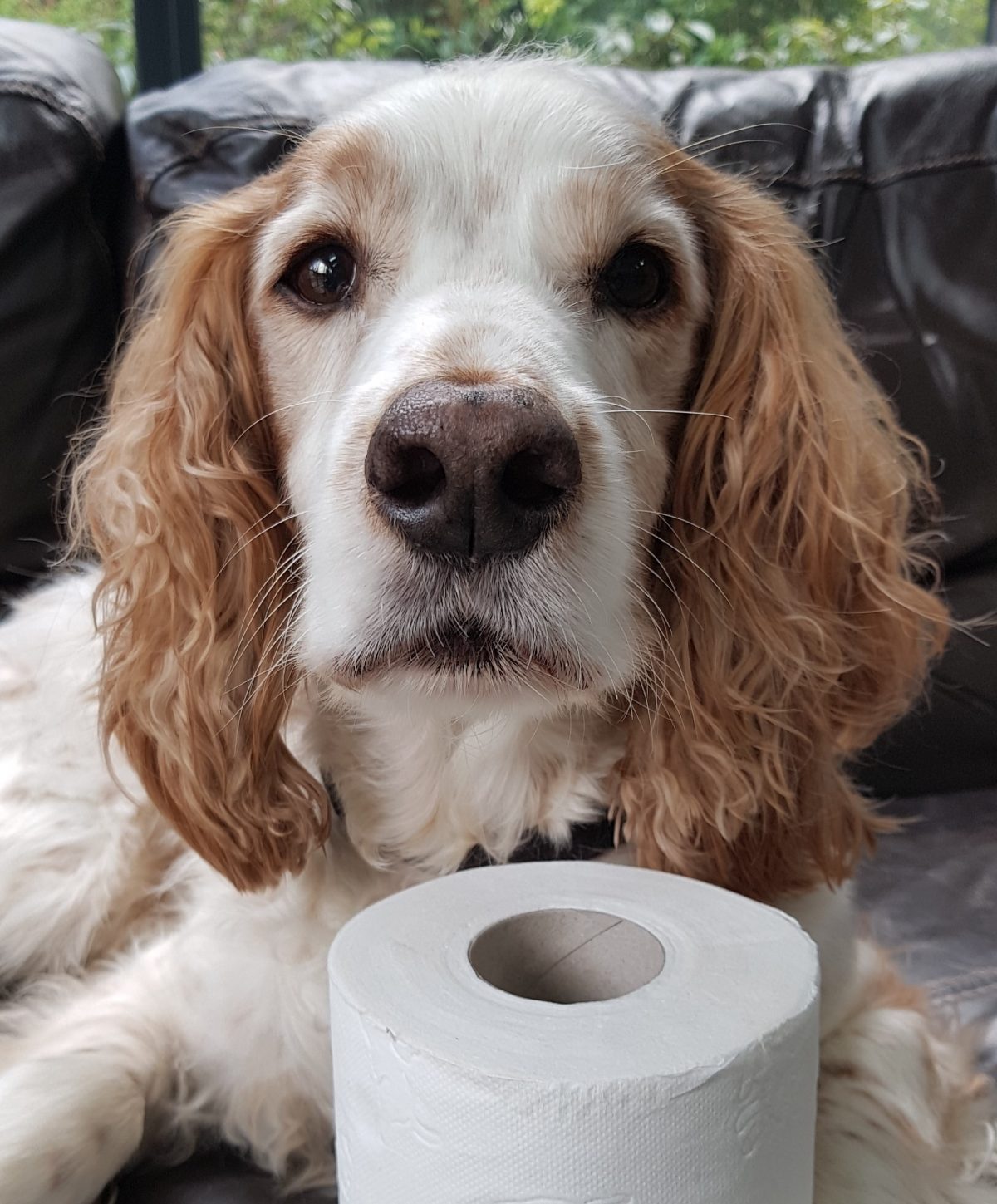With the tax year ending soon have you been as tax efficient as you could have been this tax year?
What can you still do before the year end to maximise your tax efficiency?
Here are a few of my tips for tax efficiency:
- Use your personal allowance – everyone has a personal allowance of £12,500 for this tax year. Consider family members who have no other income and if their allowance can be utilised.
- If you have a new limited company, have you taken a salary this year? Low levels of salary may be able to be processed without the need to set up a PAYE scheme with HMRC, but generally you will need to register as an employer with HMRC to be able to pay yourself a salary from the company – you just about have time to do this before 5 April.
- If you have a limited company –have you paid dividends this year? The dividend allowance is still £2,000, so the first £2,000 of dividend received in a tax year is tax-free, and then for basic rate taxpayers, the rate of tax on dividends is 7.5%. Dividends must be paid out of available reserves and are payable per share -so if you have more than one shareholder in the company, you need to get the maths right!
- Check you and your partner’s total income for the year if you receive child benefit payments. If you have the ability to determine your income for the year, by varying the level of dividend paid, keeping the higher earner’s income below £50,000 will ensure you retain your child benefit. If one of you has earned more than £50,000 this year, be aware you will need to pay back some or all of your child benefit and may need to complete a tax return to do this.
- If you are considering buying capital equipment for your business, doing if before the end of the tax year will give you the tax deduction this year rather than next
- Pension contributions – very tax efficient for the company to contribute to your personal pension. Review any payments made in the year and take advice from an IFA.
- Also think about contributing up to £3,600 into a pension scheme for a spouse, civil partner or a child, even if they have no earnings of their own, to obtain basic rate tax relief on the contributions
- If you have taxable income over £100,000, you will start to lose your personal allowance, and will receive no personal allowance once your income is over £125,000 – this makes your marginal tax rate 60% on this part of your income. Consider making additional pension contributions or gift aid donations which may restore your personal tax allowance
- Use your allowance for tax free ISA saving; that’s up to £20,000 in this tax year. Under 18s can save £4,386 in a Junior ISA. Also consider LISA’s to help your children get on the housing ladder.
Often simple steps can be taken to minimise your tax bill. You should always however take professional advice to ensure the best tax saving strategy for you and your business.
Please contact us at Wilkins & Co if we can help you ensure that you and your business and operating as tax efficiently as possible.


You must be logged in to leave a reply.